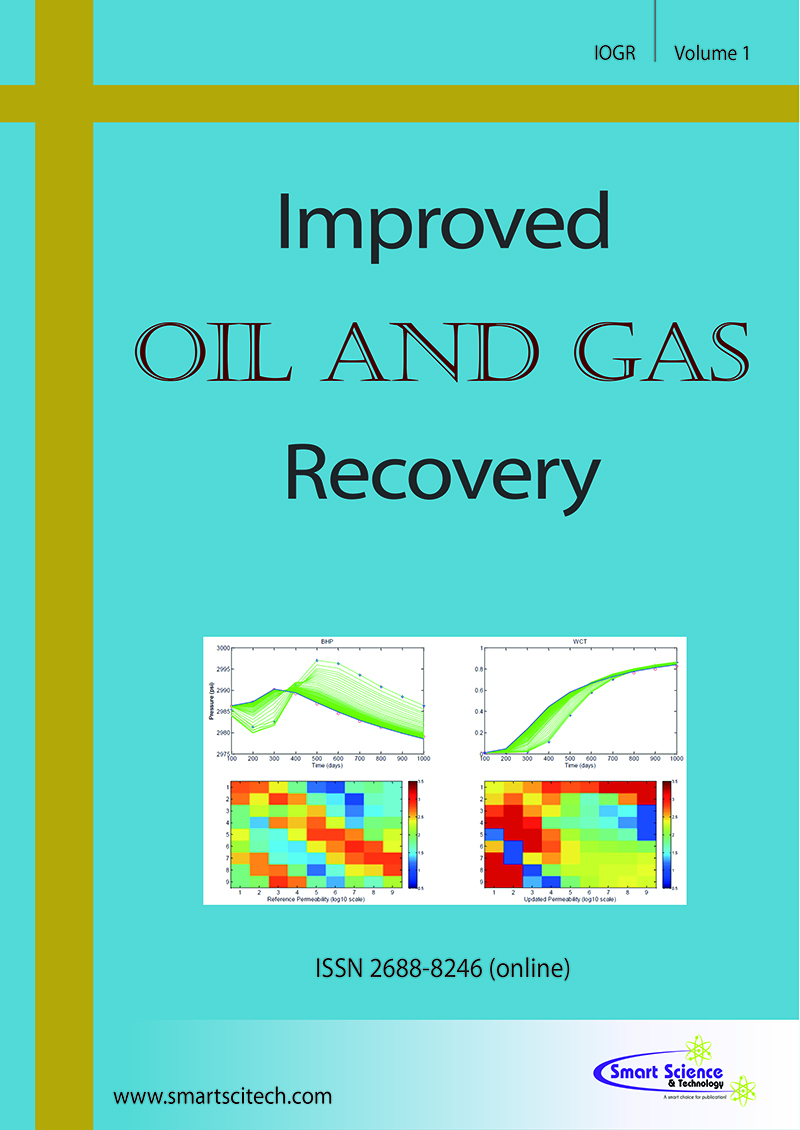Experimental Investigation of Agricultural Wastes Effect on Drilling Mud Properties
DOI: 10.14800/IOGR.1308
Abstract
The future of the oil and gas industry lies in the development of environmentally friendly drilling fluids by the usage of waste materials that have minimal impact on the ecosystem. The drilling mud usually consists of chemical additives, water, oil, and drill cuttings, which are pollutants to the environment. Therefore, to reduce the usage of toxic chemicals in drilling fluids, this study investigated the potential of using natural additives, including Palm Oil Fuel Ash (POFA), Wood Ash (WA), and Rice Husk (RH). Water-based drilling muds were designed using different additives with varying concentrations (0.6, 0.8 & 1 wt%) and different particle sizes (75, 150 & 212 microns). The results of newly prepared mud (with additives) were compared with the standard mud without any additives. Based on the results, the best mud with optimum concentration and particle size is selected. The optimum drilling mud found from experiments is 0.8 wt% of 212 ?m RH. It has been discovered that the Rice Husk improved the filtration properties and rheology of the mud, which proves its significance as an additive. The evaluation of locally derived agricultural wastes as additives in the drilling mud reduced the cost, improved the mud performance, and dramatically mitigated the negative environmental impact.
Downloads
Published
How to Cite
Issue
Section
License
Copyright (c) 2024 The Author(s)

This work is licensed under a Creative Commons Attribution 4.0 International License.












